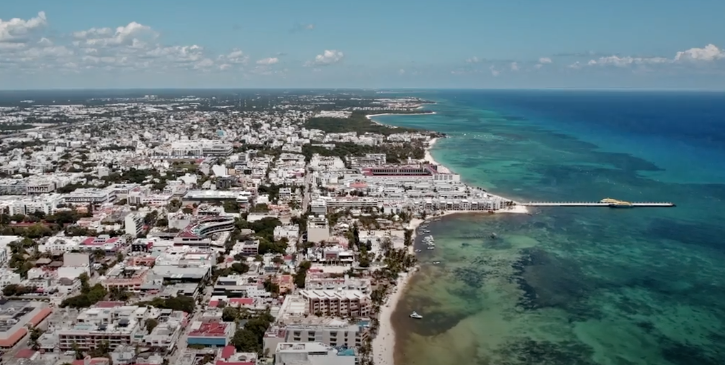Mexico's Animal Welfare Reforms and Cultural Impact

Mexico Elevates Animal Welfare: A Cultural Milestone with Investment Implications for U.S. and Canadian Buyers
Table of Contents
- Introduction: Why This Matters to U.S. and Canadian Investors
- Summary of the Reforms: A Landmark Achievement in Animal Rights
- Impact on Real Estate Investment: Linking Culture to Value
- Key Takeaways for Investors
- Conclusion: The Bigger Picture of Cultural Enrichment in the Riviera Maya

Introduction: Why This Matters to U.S. and Canadian Investors
Mexico’s recent constitutional reforms to protect animal welfare mark a significant step forward, not just for animal rights but also for showcasing the country’s evolving cultural landscape. For U.S. and Canadian real estate investors, this is more than a legal update; it’s a window into a progressive, vibrant society. Understanding and appreciating this cultural richness can enhance the value of living and investing in Mexico’s Riviera Maya, making it an even more attractive destination for buyers.
Summary of the Reforms: A Landmark Achievement in Animal Rights
On December 2, 2024, Mexican President Claudia Sheinbaum signed constitutional reforms to include nonhuman animals under federal protection. These reforms:
-
Amend Article 73 to empower Congress to legislate on animal welfare.
-
Amend Article 4 to prohibit animal mistreatment and ensure their protection.
-
Amend Article 3 to integrate animal welfare into the national education curriculum.
This marks the first time animals are explicitly mentioned in Mexico’s Constitution, setting a precedent for other nations and elevating Mexico as a leader in animal rights.
Impact on Real Estate Investment: Linking Culture to Value
For foreign investors, particularly from the U.S. and Canada, these reforms reflect Mexico’s commitment to progressive values and sustainable living. Investing in a country that prioritizes ethical and cultural advancements can:
-
Enhance the appeal of properties in regions like the Riviera Maya.
-
Attract eco-conscious buyers and tenants.
-
Increase the long-term value of real estate investments.
Uneven Animal Welfare Protections
Before these reforms, animal welfare in Mexico was fragmented, with local and state laws offering inconsistent protections. Farmed animals, wildlife, and other exploited species often fell through the cracks.
Cultural and Ethical Concerns
The lack of cohesive animal welfare laws raised ethical questions for investors and residents alike. How could a country with such a rich cultural heritage overlook the humane treatment of animals?
A Unified Federal Law and Educational Reform
The reforms empower Congress to create comprehensive federal legislation, ensuring consistent protections for all animals. Integrating animal welfare into school curricula also promises a long-term cultural shift toward greater compassion and responsibility.
Key Takeaways for Investors
-
Cultural Appeal: The reforms highlight Mexico’s progressive stance, making it more attractive to socially conscious investors.
-
Investment Opportunities: Properties marketed with eco-friendly or ethical living aspects can command higher demand.
-
Future Growth: A unified federal law and cultural shifts may lead to broader sustainability initiatives, further enhancing the region’s desirability.
-
Conclusion: The Bigger Picture of Cultural Enrichment in the Riviera Maya
For U.S. and Canadian real estate investors, Mexico’s animal welfare reforms offer more than ethical reassurance. They underscore the country’s rich cultural narrative and progressive trajectory, reinforcing the Riviera Maya as a premier destination for investment. By aligning with these values, investors can not only secure financial returns but also contribute to a thriving, enlightened community.











Comments (0)